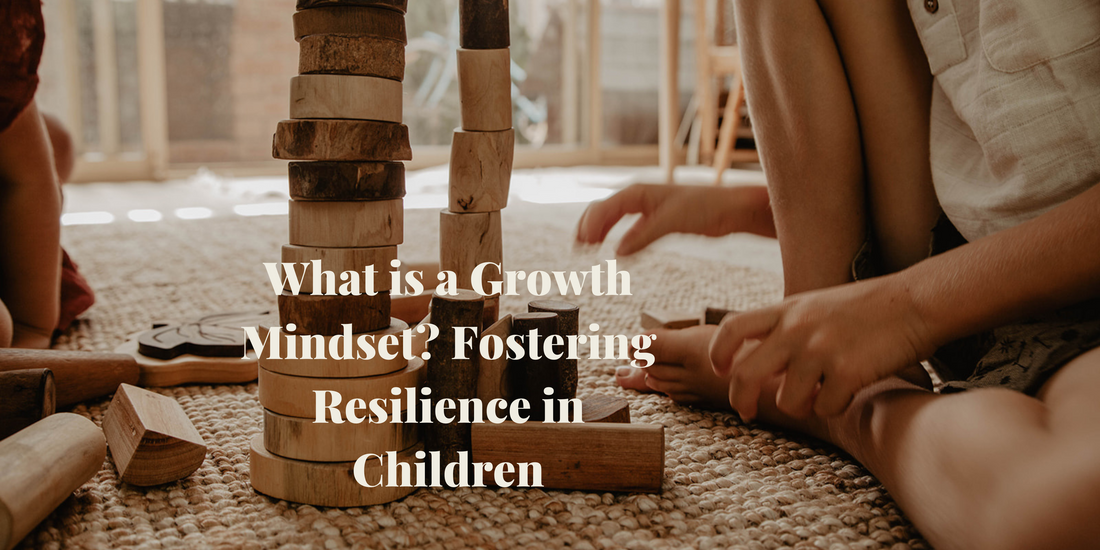Success is often defined by the presence of external factors that somehow demonstrate that we are worthy. A certificate, award, our job titles or perhaps material possessions and the attribution of wealth. Despite the attainment of all of these things, one could still lead an unhappy life.
Our mindset forms the lens in which we see the world. This mindset is shaped by both our biology and experiences, but it can be moulded and changed too. Neuroplasticity allows our brains to form and strength new connections whilst shedding the neurological connections that feed unhelpful thinking styles. Practicing a new skill and the internal stories we are telling ourselves in doing so form part of the picture painted by the idea of a growth mindset.
The term ‘growth mindset’ by termed by Carol Dweck to define a process of thinking that is flexible, works with challenges, persists and have an internal driving force that seeks to learn.
Someone with a growth mindset is able to sit with the discomfort of being incorrect or something not working out the way they had envisioned. Alternatively, someone with a fixed mindset may present with avoidance behaviours around challenges which can manifest as anxiety.
A growth mindset allows someone to embrace challenge with the knowing that any difficulties are a reflection of ability in that given moment, not a reflection of them as a person. They are then able to process more deeply, ask questions and truly understand.
This craving for knowledge has an intrinsic sense of hopefulness, in that someone may consider how they want to contribute to society, access creativity and innovation which gift someone with the ability to ebb and flow with the challenges of life.
The success or achievements of others are not perceived as a threat by those with a growth mindset. Alfie Kohn speaks of the importance of collaboration over competition. The measure of our worth should not be held against the amount of people we have beaten. We are born worthy.
“Don’t wait until you reach your goal to be proud
of yourself. Be proud of every step you take” – Karen Salmanoha
As parents, home educators and teachers, there are many ways in which we can support growth mindsets within our children and students.
- We may need to evaluate our own mindset and how this is influencing our responses to our children.
- We can acknowledge children's efforts instead of using rewards and punishments. For example, "you did it!" or "you found that difficult and you persevered"
- Child led learning that follows a childs’ interests and passions is a successful way of supporting growth mindsets. It provides opportunity for external reinforcement by us, but also the internal willingness to preserve despite challenges because of this passion, provides reinforcement and builds resilience and self confidence too.
How do you support growth mindsets in your home or classroom? I would love to hear your strategies and tips so that these can be shared with our community.
We have a range of products and resources that support emotional growth and development - find them here

